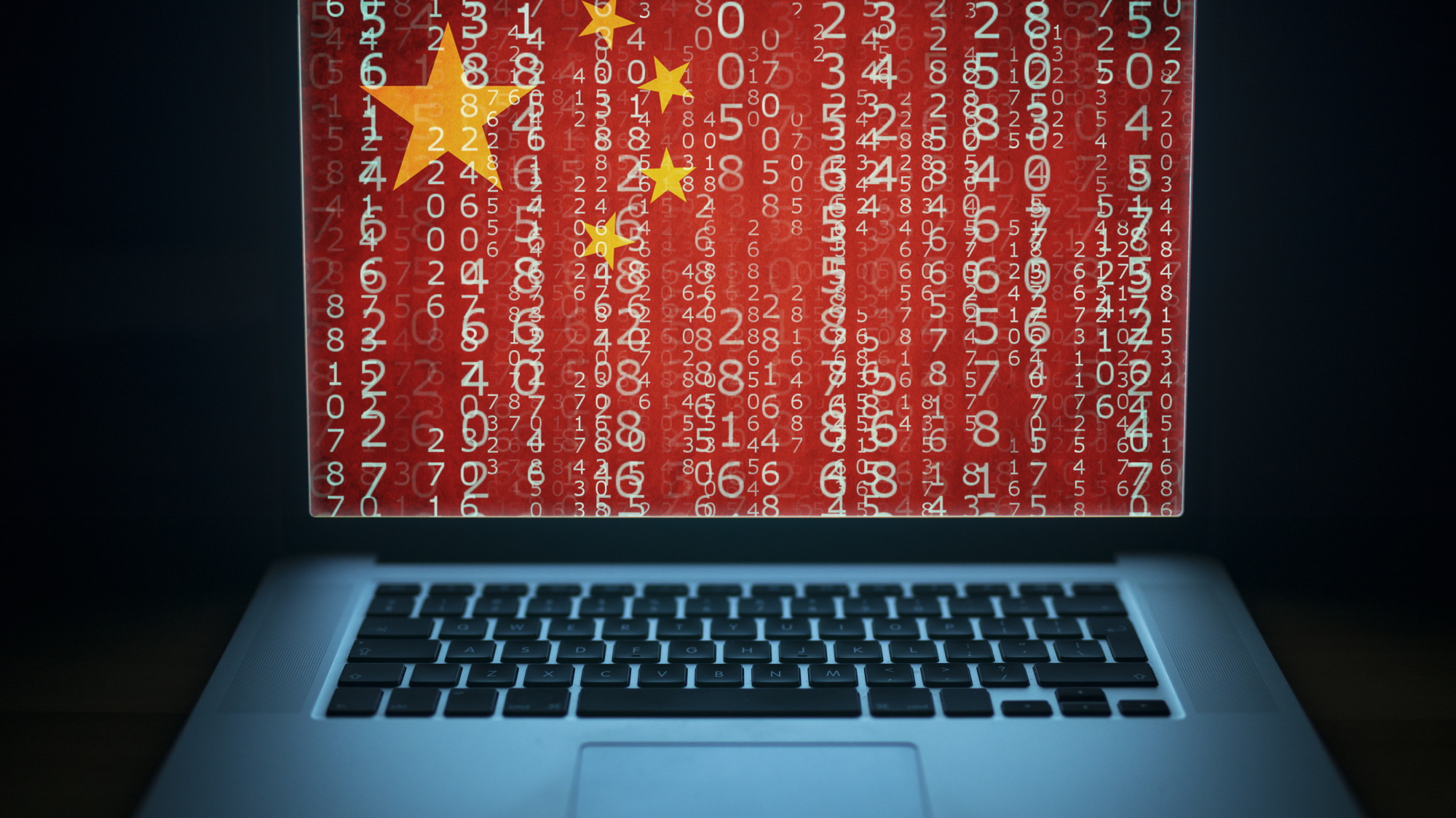China wants to export its Great Firewall to other countries
China sees internet sovereignty as similar to territorial sovereignty

Sign up for breaking news, reviews, opinion, top tech deals, and more.
You are now subscribed
Your newsletter sign-up was successful
China wants other countries around the world to govern the internet in the same way it does, a new report from the International Cyber Policy Centre (ICPC) has warned.
Entitled, “China’s cyber vision: How the Cyberspace Administration of China is building a new consensus on global internet governance” the paper says China perceives internet sovereignty in much the same way to how it perceives territorial sovereignty.
Its rules, which include strict data policies, the banning of western platforms (Google, Facebook, YouTube, Twitter, and others), as well as overarching censorship, is something the country is actively trying to export, according to the paper.
Joint effort
The goal is to "enact policies jointly with international governments and companies on mechanisms to co-govern the global internet, or at least growing national segments of IT, while reshaping global norms and standards based on the model of the CCP's approach domestically," the report says.
To promote the idea, it plans to use the World Internet Conference, a global annual event taking place since 2014 - in China. This year, The Register claims, some of the speakers include Elon Musk, Chuck Robbins (Cisco CEO), and Christiano Amon (Qualcomm CEO).
Treading cautiously
"The World Internet Conference serves as an opportunity for China to collaborate with the international community on internet development innovation in addition to cooperating on internet co-governance mechanisms," the report further states, adding that the event is described as “international”, when it’s, in fact, "under the direct management and supervision of officials under China's cyber policy system".
The International Cyber Policy Centre concludes that this idea should be approached with a healthy dose of caution: "Due to the lack of transparency within China's cyber policy system, countries that cooperate with China on internet development and participate in the World Internet Conference should be vigilant."
Sign up to the TechRadar Pro newsletter to get all the top news, opinion, features and guidance your business needs to succeed!
"When approaching the topic of internet co-governance and development strategies with China, countries should consider the future of cyberspace and what information should be shared, and even controlled, by countries such as China."
The International Cyber Policy Centre is part of the Australian Strategic Policy Institute (ASPI), a defense and strategic policy think tank based in Canberra, Australian Capital Territory.
ASPI was founded by the Australian government, and is partly funded by the Australian Department of Defense, the U.S. Department of State, and other “military contractors”. ICPC’s sponsors, on the other hand, include the likes of AWS, Meta, Google, and Microsoft.
- Make sure to also check out our list of the best privacy tools for anonymous browsing
Sead is a seasoned freelance journalist based in Sarajevo, Bosnia and Herzegovina. He writes about IT (cloud, IoT, 5G, VPN) and cybersecurity (ransomware, data breaches, laws and regulations). In his career, spanning more than a decade, he’s written for numerous media outlets, including Al Jazeera Balkans. He’s also held several modules on content writing for Represent Communications.